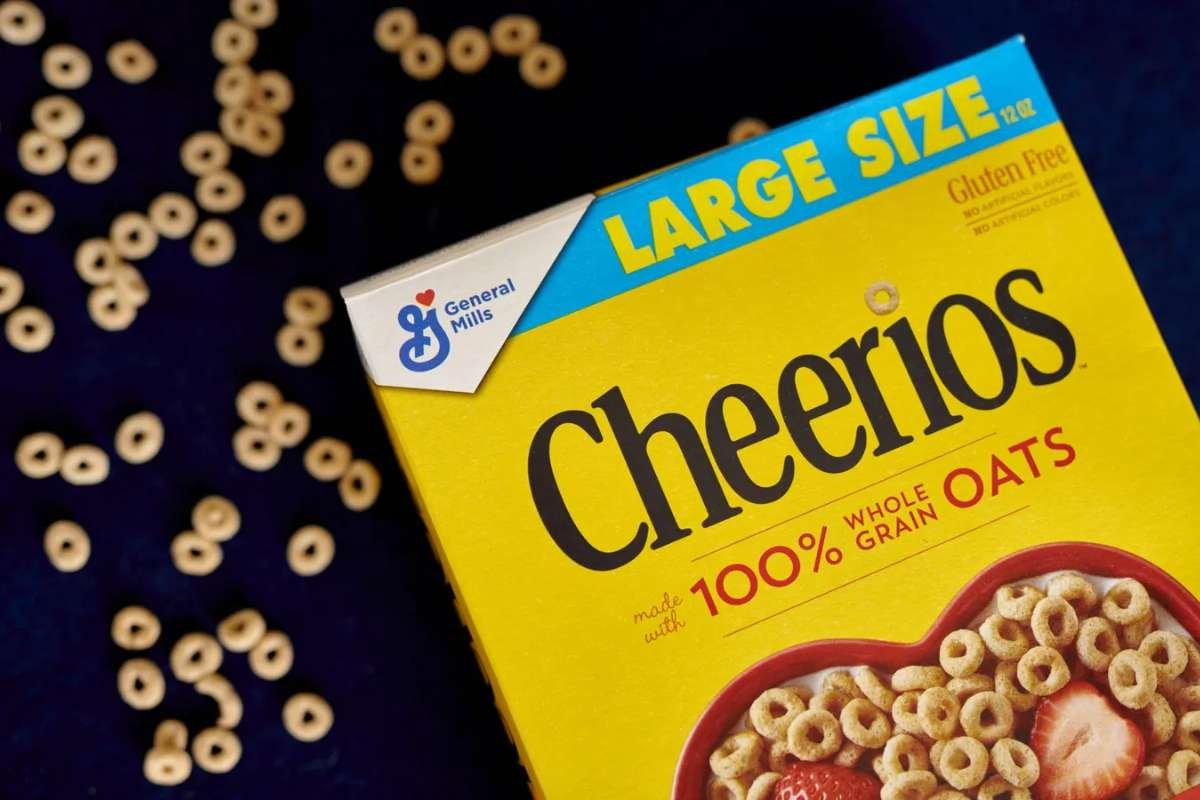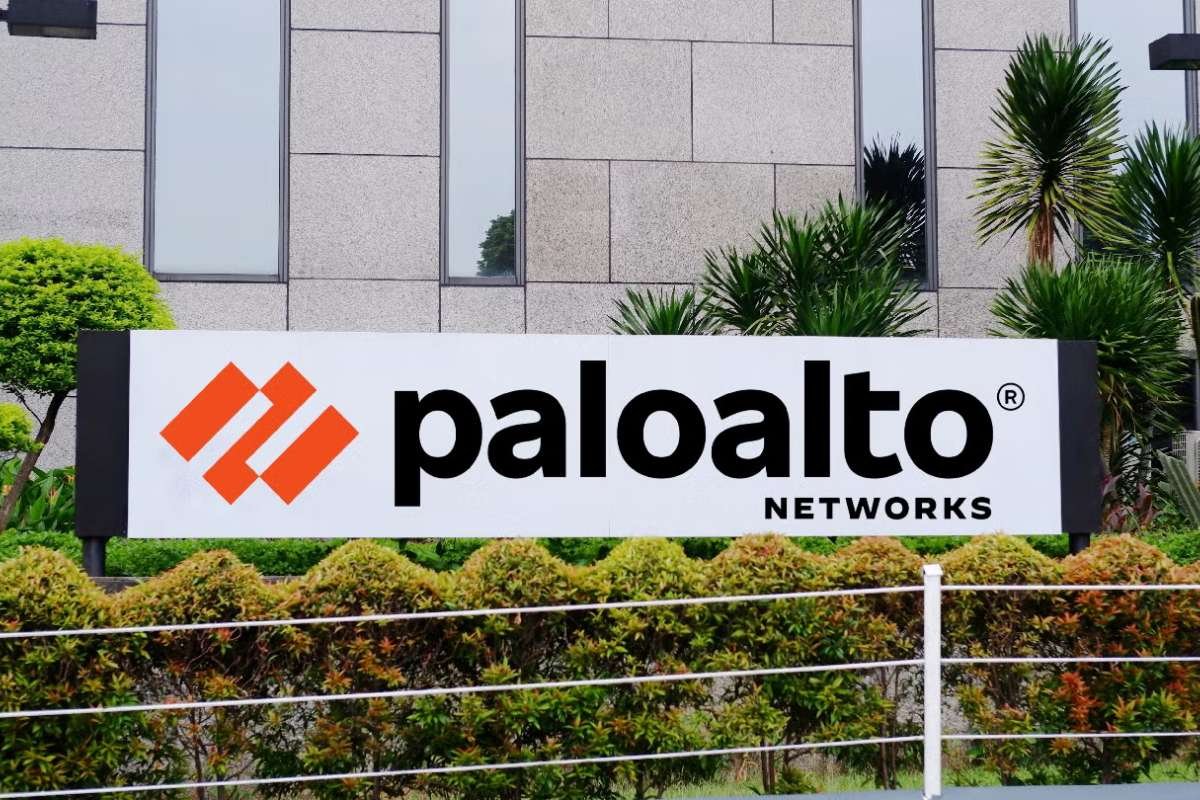General Mills has announced a major shift in its product formulations by pledging to remove artificial colors from all its retail food products sold in the United States by the end of 2027. The company, best known for brands like Cheerios, made the announcement as part of its broader commitment to meet growing consumer demand for more natural ingredients.
In addition to its retail line, General Mills will also eliminate synthetic dyes from all cereals and food products served in U.S. K-12 schools by the summer of 2026. The company noted that most of its school-based food offerings are already made without artificial coloring. According to General Mills, 85 percent of its retail products and the vast majority of school items currently do not contain synthetic colors.
Health Push Drives Industry Changes
The decision by General Mills follows growing concerns among health experts and government officials regarding the potential effects of synthetic food dyes on public health. U.S. Health Secretary Robert F. Kennedy Jr. has recently outlined plans to remove such additives from the national food supply, citing their possible role in chronic health conditions, including obesity.
General Mills’ move mirrors similar changes announced by Kraft Heinz earlier this year. Kraft Heinz said it would immediately stop launching new products with artificial colors in the U.S. and is working to eliminate synthetic dyes from its existing product lines by the end of 2027. These shifts reflect a broader trend in the food industry, where companies are taking steps to reformulate products in response to growing pressure from consumers and health regulators.
Minimal Impact on Current School and Retail Offerings
Although the announcement signals a major policy change, General Mills emphasized that most of its food products already meet the new guidelines. Only a small portion of the company’s K-12 school offerings still use certified colors, and just 15 percent of its retail portfolio includes artificial dyes.
By setting clear deadlines of 2026 for school products and 2027 for retail items, General Mills aims to fully transition to more natural formulations within the next few years. The company did not specify which food items would be reformulated, but confirmed that the changes would be implemented gradually across the entire product range.
This shift adds momentum to a growing movement in the food industry focused on transparency, health-conscious ingredients, and cleaner labels. As companies like General Mills and Kraft Heinz take action, other food manufacturers may soon follow, especially as consumers continue to show strong preferences for products made without synthetic additives.


















